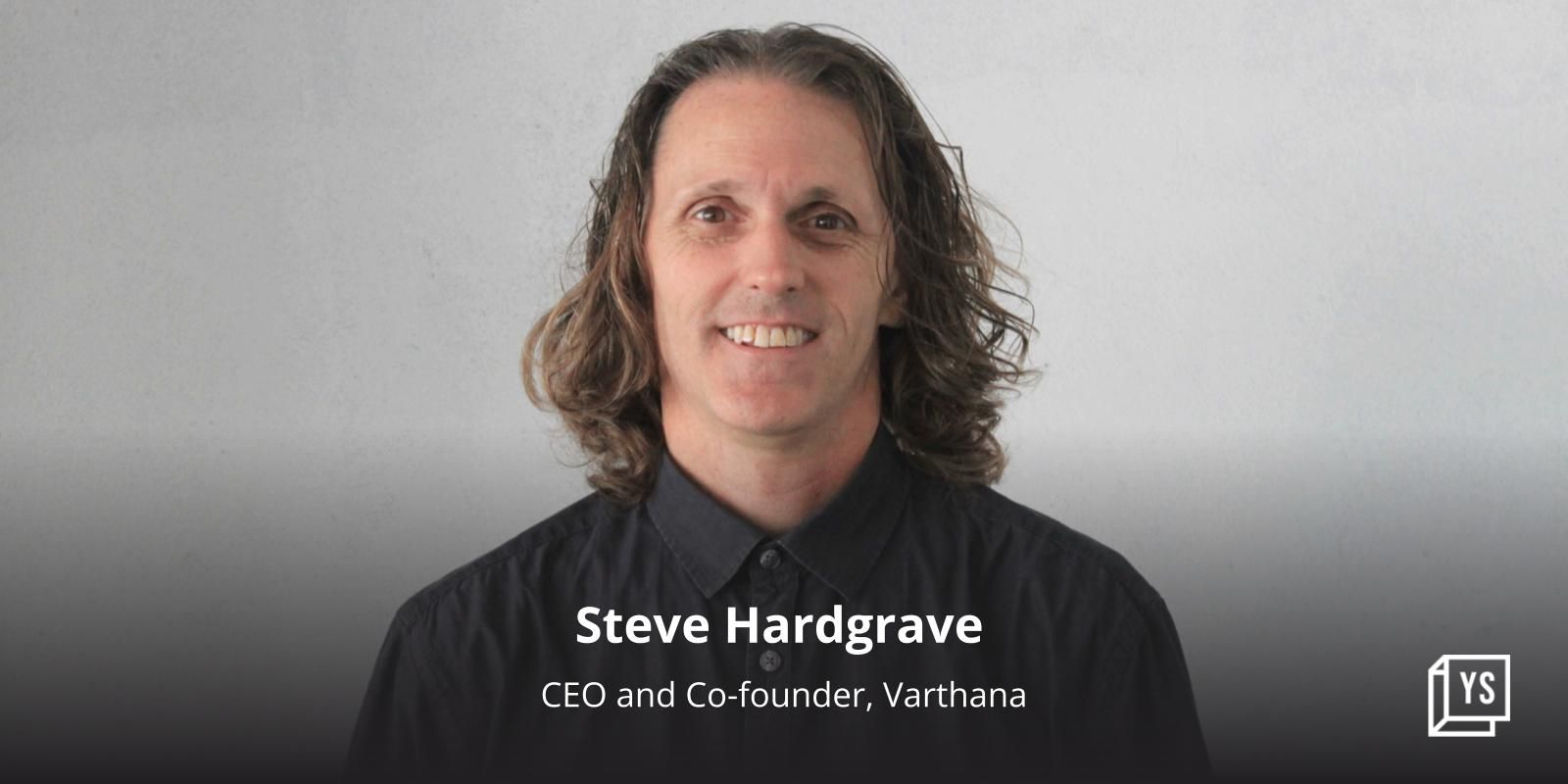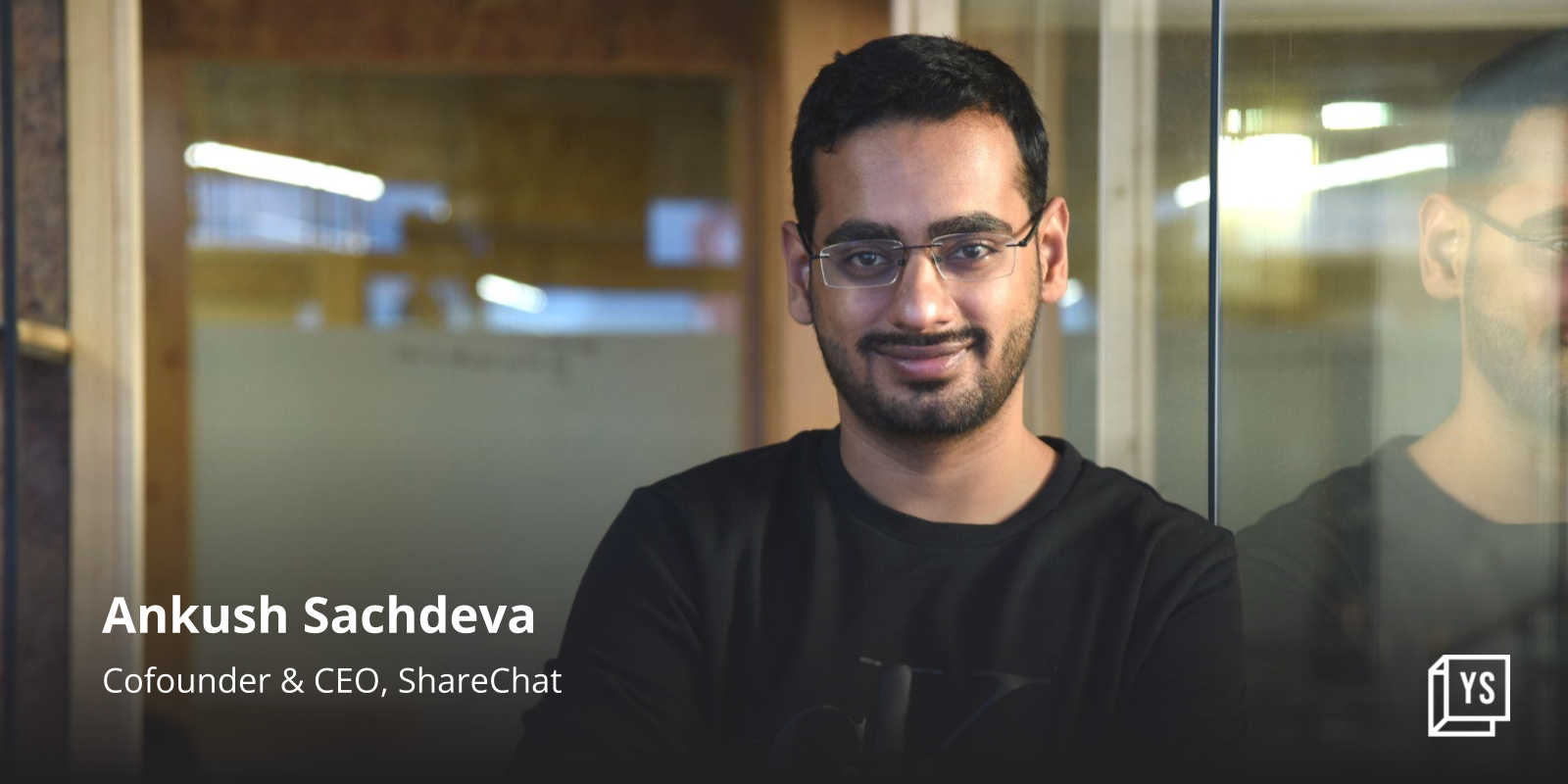‘As an entrepreneur, you are never done’ – 12 innovation tips from winners of the Social Media Empowerment Awards 2016
Friday March 18, 2016 , 7 min Read
The third annual Social Media for Empowerment Awards, held in Delhi by the Digital Empowerment Foundation (DEF), featured a range of panel discussions on how social innovators can effectively leverage social media for impact on the ground.
Here are my 12 tips for social entrepreneurs from the discussions I moderated or attended, though I am sure there were useful insights from the other tracks as well. (See also the list of winners across nine categories here.)
- Reach out to the voiceless
“Many inequalities continue to haunt this great nation. Social media can give voice to the voiceless, far too many of whom are in India,” said Ronald Meinardus, Regional Director for South Asia at the Friedrich Naumann Foundation. For example, India accounts for 70% of leprosy incidents worldwide. NGOs like the Leprosy Mission Trust raises awareness about this predicament via social media
“Unless digital gaps are bridged, existing socio-economic inequalities will be even more exacerbated,” said Depinder Singh, Senior Consultant, Department of Electronics and Information Technology, Government of India.
Challenges for social media in India are numerous: electricity shortages, middlemen in government, and instant virality fanning rumours, cautioned Rai Mahimapat Ray, Deputy Commissioner of Bokaro.
- Differentiate
The startup world is becoming a crowded space – and so is the social entrepreneur space. Founders should differentiate themselves from others in the space so that they can give a clear value proposition to end-users, partners and funders alike.
For example, Video Volunteers has a team which reflects diversity and inclusion far more than mainstream media. It offers feeds and archives of news from marginalised communities, and is a valuable partner to those who want to engage with and embrace such issues.
- Collaborate
The digital ecosystem opens up opportunities for cooperation in ways which were almost unimaginable just a few years ago. “Collaboration is the only way forward,” said Kayonaaz Kalyanaala, Communications Manager at Video Volunteers. The news organisation has independent content but also reaches out to promote and distribute news via mainstream media like CNN-IBN. Pratham Books uses social media to seek partnerships for book distribution. It is powered by the vision that every child has the right to read good books.
Progressive corporates and governments are also getting on board the social media wave. For example, the Lenovo Foundation has teamed up with Yuwa for the ‘Pitch To Her’ initiative to combat child marriage practices in Jharkhand.
Many state tourism departments in states such as Uttar Pradesh are promoting content generation by tourists. Government officials from Odisha’s Department of Fisheries and Animal Resources Development shared how they were at first ‘terrified’ of social media but are now leveraging it for community outreach and partnerships.

- Learn from failure
Social entrepreneurs should keep an open mind, learn by doing and experimenting, and be self-aware of their strengths and shortcomings. Founders should learn to handle criticism, and not confuse organisational failure with personal failure. They should also understand the implications of being a boutique operation or a large scale organisation and movement.
“My earlier venture, Chai With Lakhsmi, was an individual venture and did not scale. I learnt from that and moved on. As an entrepreneur, you are never done,” said Lakshmi Rebacca, founder of Red Bangle Media. (See also my reviews of the related books Fail Fast and Fail Better.)
- Ride the waves of divergence and convergence
The parallel waves of innovation and adoption in social, location, Internet and mobile technologies along with Aadhar are unveiling new opportunities for social entrepreneurs in India. More niches are opening up – along with the flip-side of integration, aggregation and cross-media platforms.
Mobile-only is a tempting option, but full-spectrum options can yield larger digital dividends. Multi-skilling along with specialisation will co-exist.
- Social is media for the user
Tapping analytics and other data foundations helps push the frontiers of social computing, but it is important to also track which features are easy for users to familiarise and adopt quickly. “Kirana stores are only now beginning to ride the e-commerce wave,” said Ishita Anand, Founder of Bitgiving.
India seems to be at the tipping point where an explosion of creative activity is emerging around SMAC (social, media, analytics, cloud) technologies, but a clear focus on end-user needs, aspirations and price preferences will be a success factor for social entrepreneurs.

- Highs and hardships
There may certainly be an element of glory and glamour in entrepreneurship, but there are lots of hardships as well. “Stress, adverse impacts on health, disappointment, loneliness and depression can also set in,” cautioned Anshul Tiwari, Founder of Youth ki Awaaz.
Stories of funded startups get a lot of press, but that does not seem to be the case with boot-strapped ventures. “However, being a founder is also a lot of fun – you meet amazing people,” said Anshul. “Entrepreneurship is definitely worth it,” affirmed Ishita of BitGiving.
- Mentors
Just as in sports, you need mentors in entrepreneurship. “Find people who believe in you. Get a mentor. Touch base with and learn from other entrepreneurs,” advised Ishita of BitGiving.
Individual founders definitely need guidance when they start to scale their organisations. “Create organisational structure but do not build a bureaucracy,” advised Kayonaaz of Video Volunteers. (See also my book review of Scaling up Business Solutions to Social Problems: A Practical Guide for Social and Corporate Entrepreneurs.)
- Data science and metrics
An emerging field which can help social entrepreneurs build a stronger case for their causes is data science. For example, Red Dot Foundation crowd-maps reports of sexual violence in public spaces, and has built one of the largest crowdmaps of its kind; its site and software are active not just in India, but Kenya, Cameroon and Nepal as well.
A number of levels of metrics can be used to show social innovation impacts: awareness, interest, commitment, and transaction. The number of social media followers may be a good start, but number of likes and retweets is better – followed by actual donations or in-person involvement in activities.

- Leverage the crowd
“We are just waking up to the power of the Internet and crowds. The crowd is opening up a new economic model of not just millions but billions of bankers, via crowdfunding by individual citizens,” said Epi Ludvik Nekaj, CEO and Founder of Crowdsourcing Week.
Social media is great for expanding circles of friends, family and colleagues – but can also open up new avenues via larger ‘crowds’ of people with similar interests or intent. The rise of crowdfunding yields unique models of validating social and commercial enterprises, as evinced in India and Pakistan by BitGiving, Wishberry.in and Transparent Hands. On the content front, FeminismInIndia.com has crowdsourced content about women’s rights from over 70 writers.
- Online to offline: community mobilisation
Social media can galvanise communities not just offline but online as well (‘O2O’ mobilisation). For example, the Annakshetra Foundation uses social media to promote food recycling in Jaipur and other cities.
The Agni Foundation mobilised relief material worth Rs. 818 lakh during the Chennai floods. These goods eventually made it to the hands of needy citizens via a team of volunteers on the ground.
- Nurture and protect the ecosystem
Successful startups should also give back to the broader ecosystem and share their knowledge, tools and skills. For example, many have mastered the art of experimentation, and should extend these skills and attitudes to schools and colleges. This can also include creating makerspaces in smaller colleges and rural schools; makerspaces can be natural partners for community service centres and cybercafés.
At a policy level, startups need to track broader issues like Internet governance and Net Neutrality, and ensure that policy decisions do not hamper a level playing field for the next wave of startups from India.
“We are as much under threat from the big corporate players as government in Net Neutrality,” said Rohit Prasad, Professor, MDI, Gurgaon. “Globalisation is decreasing, and calls for assertion of national boundaries and jurisdiction are increasing,” he cautioned, urging social entrepreneurs to work towards individual rights on social media.
“You can’t assume that large corporates and governments will be benign with your data. You have to speak truth to power,” summed up R. Sukumar, Editor of Mint.










